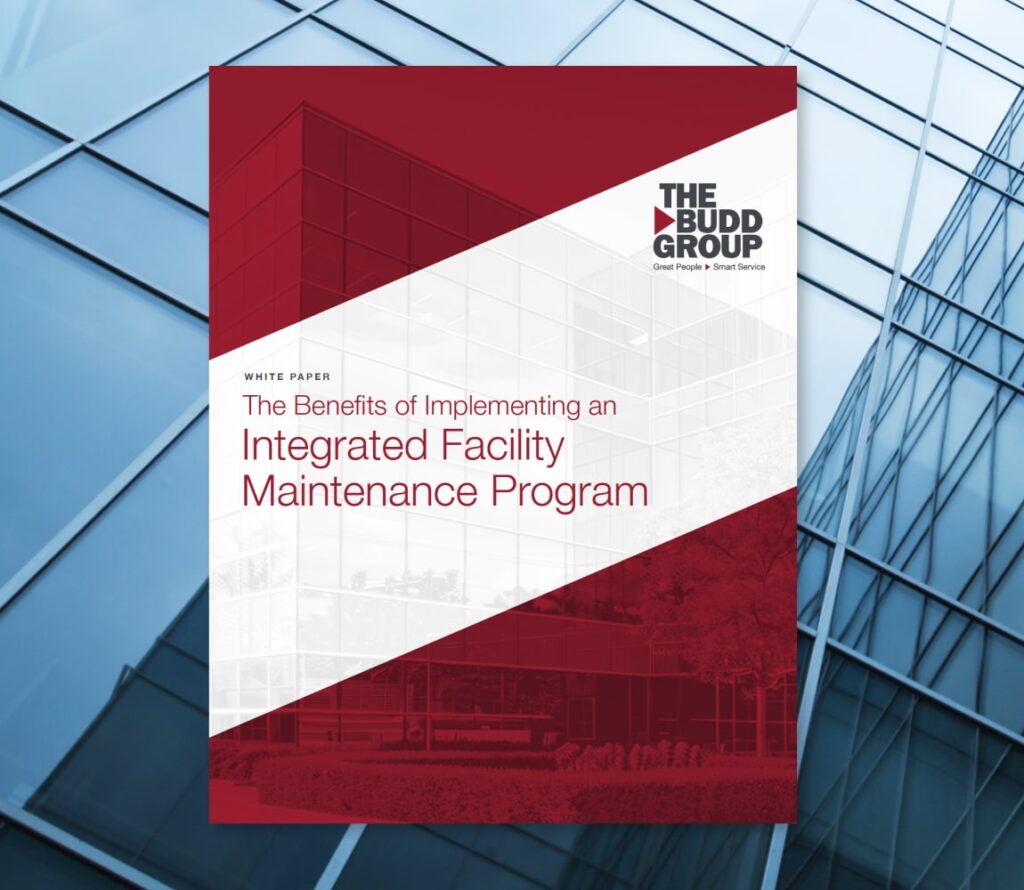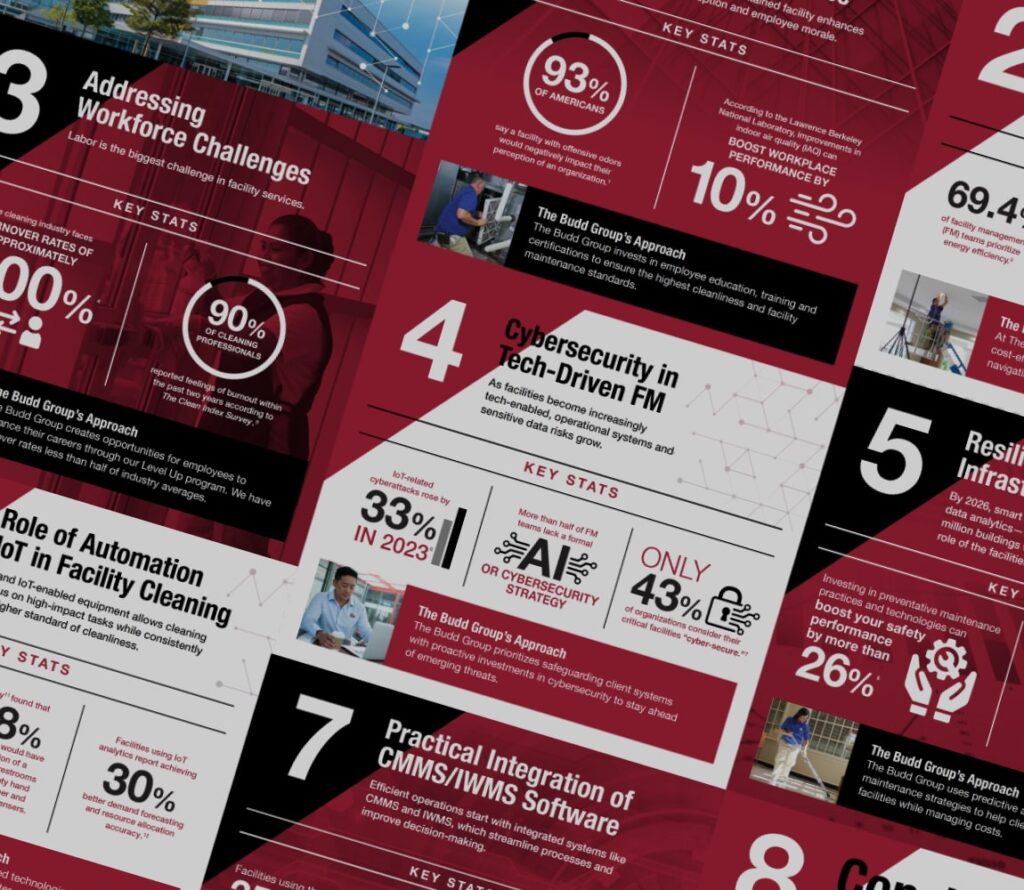The concrete floors in and outside your warehouse must be both sturdy and flexible – sturdy enough to withstand all the wear and tear they undergo day after day, and flexible enough to adjust to changes in temperature, humidity, and shifts in the ground beneath. Concrete joints are installed between concrete slabs to allow for this flexibility, preventing fractures, divots, bumps, and other issues. But no matter how well-placed these joints may be, some cracking is bound to occur. Moreover, concrete joints can contribute to cracking and take on damage themselves. If you don’t address these issues in a timely fashion, your facility’s sidewalks, warehouse floors, and other concrete surfaces can threaten worker safety, hurt your bottom line, and more.
Here are five ways keeping up with concrete joint and crack repairs will minimize liability issues at your warehouse facility.
Five Ways Keeping Up with Concrete Joint and Crack Repairs Will Minimize Liability Issues
Minimize Workplace Incidents and Injuries
Your people are your greatest assets, and taking care of their well-being should be your top priority. Many warehouse jobs are surrounded by potential safety hazards, as workers regularly operate machinery, carry heavy loads, climb ladders, load balers, and more. As such, maintaining strict safety protocols and providing rigorous training is essential for any warehouse facility. Beyond these measures, those in charge of facility maintenance must also ensure that all personnel can work in a safe environment – staying on top of concrete floor maintenance is a huge component of this effort.
No matter their specific role, warehouse employees will walk upon the same floors day in and day out. If these floors are riddled with cracks, gaps, and uneven surfaces, everyone is at greater risk of succumbing to trips and falls. While some of these incidents can be benign, others can result in serious injury. Costs related to said injuries are covered by the business. And no matter the severity of the incident, any slip, trip, or fall must be reported, which can turn into larger liabilities for your business. So, for the sake of your employees, insurance premiums, and reputation, repair your concrete joints and cracks without delay.
Preserve the Integrity of Your Concrete Floors
Large, widespread cracks in your commercial concrete flooring don’t crop up overnight. Rather, they often start with hairline fractures that are easy to overlook at this early stage. But even a tiny, thin crack opens the door to moisture, spores, microbes, and other contaminants that exacerbate the problem as they gain entry. Over time, what began as barely a blip on your radar can turn into a deep and wide crack that not only puts your people in harm’s way but also threatens the overall integrity and longevity of your flooring. Put simply, the sooner you seal these openings, the sturdier and longer-lasting your concrete floors will be,
Improve Warehouse Aesthetics
The way your warehouse looks might not seem to have much of a bearing on your bottom line, but this couldn’t be further from the truth. Appearances matter – not only to your customers, vendors, and business partners, but also to your employees. A warehouse with deteriorating floors contributes to a dingy, negative atmosphere, which in turn diminishes morale and productivity. Conversely, keeping up with commercial floor care (e.g., repairs, cleaning, polishing, etc.) creates a brighter, cleaner environment that boosts morale and maximizes productivity. In this way, the look of your warehouse flooring has a direct impact on your margins. It’s simply better to work in a well-cared for facility than one that’s falling apart.
Keep Compliant with Safety Codes
Safety concerns and floor deterioration aren’t the only liabilities to consider related to concrete cracks. Governmental and third-party organizations like OSHA put forward and oversee official health and safety regulations that businesses under their purview must follow. Failing to comply with the rules relevant to your industry and facility can result in serious penalties and legal troubles. In the worst case scenario, a failure to comply can result in a temporary or permanent shutdown of your facility (often coupled with fines). Though there are many maintenance tasks to stay on top of to remain compliant with these regulations, repairing cracks in your concrete floors and joints is one important step to avoiding some of these costly penalties.
Save Time and Money in the Long Run
Commercial floor maintenance requires an ongoing investment of time, money, and resources. But failing to maintain your concrete floors yields far more expensive outcomes down the line. Over the long run, it costs far less time and money to seal cracks in joints and keep your concrete surfaces clean than it does to tackle large-scale concrete repair and replacement projects due to neglect. Additionally, taking good care of your warehouse flooring helps you maintain a high property value. Even if you’re not preparing to sell your business or facility in the near future, keeping your property in high demand benefits your bottom line.
Let The Budd Group Install, Repair, and Maintain Your Warehouse Concrete Flooring
The state of your warehouse flooring has major implications on your business as a whole. If you’re struggling to keep up with regular and periodic floor care, The Budd Group offers a host of services to relieve some of that pressure. Whether you’re seeking commercial floor cleaning services, concrete joint and crack repair, resurfacing, or installation, our experts have your facility flooring covered.
If you need expert advice and/or action when it comes to commercial floor care, we offer customized floor care plans, state-of-the-art floor cleaning technology, multiple maintenance solutions, and more. To learn more about our services and values, give us a call today at 800-221-8158!

